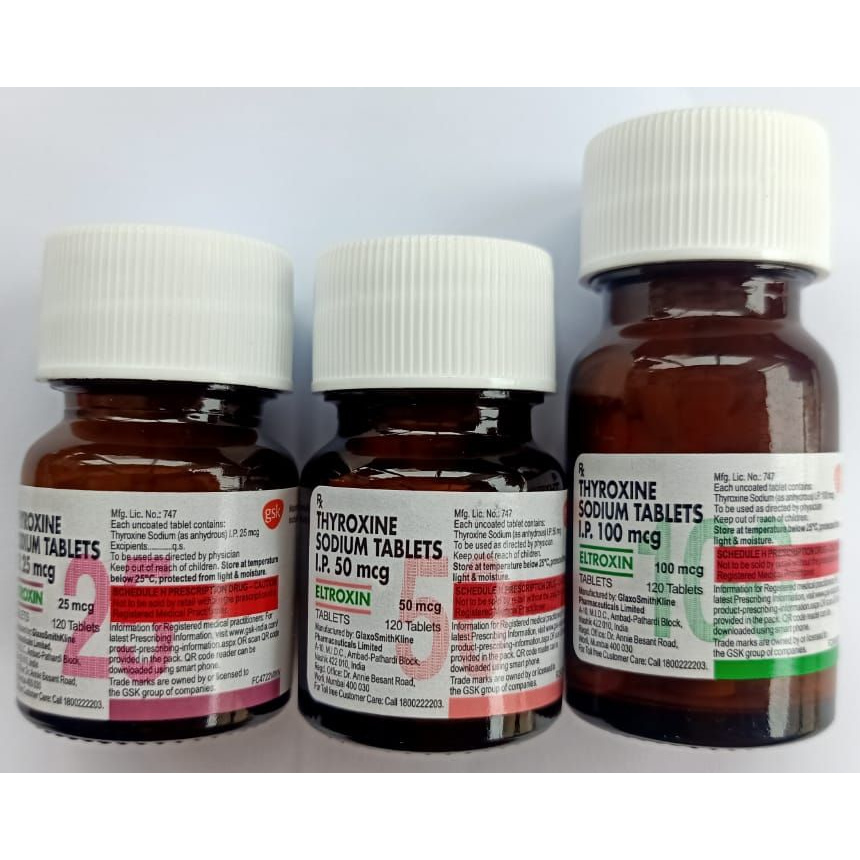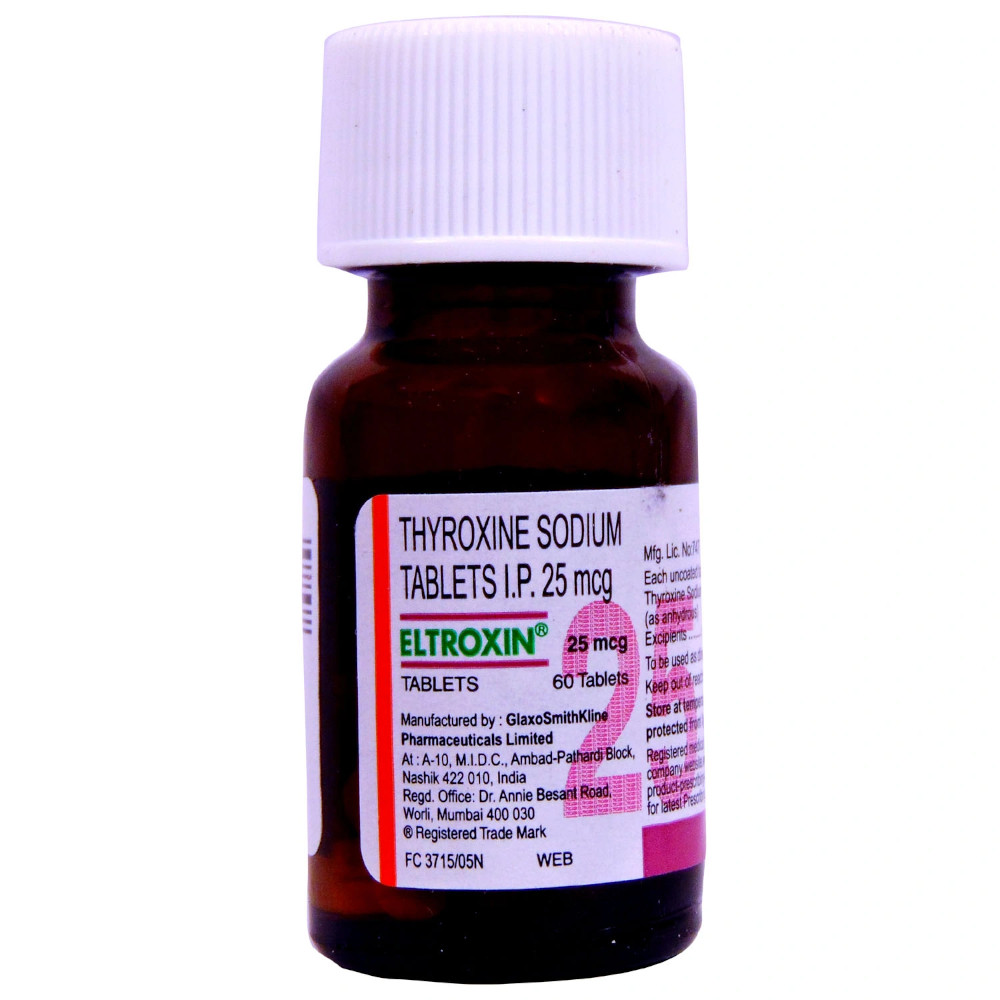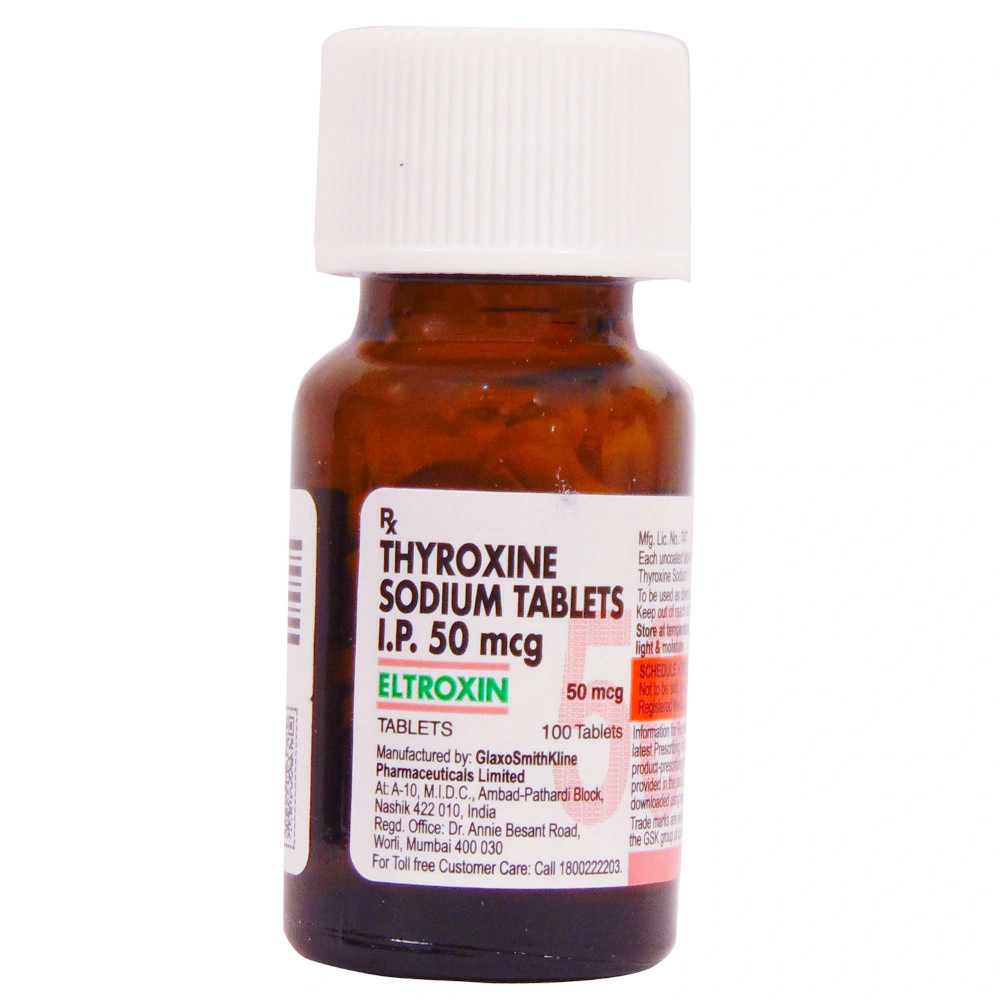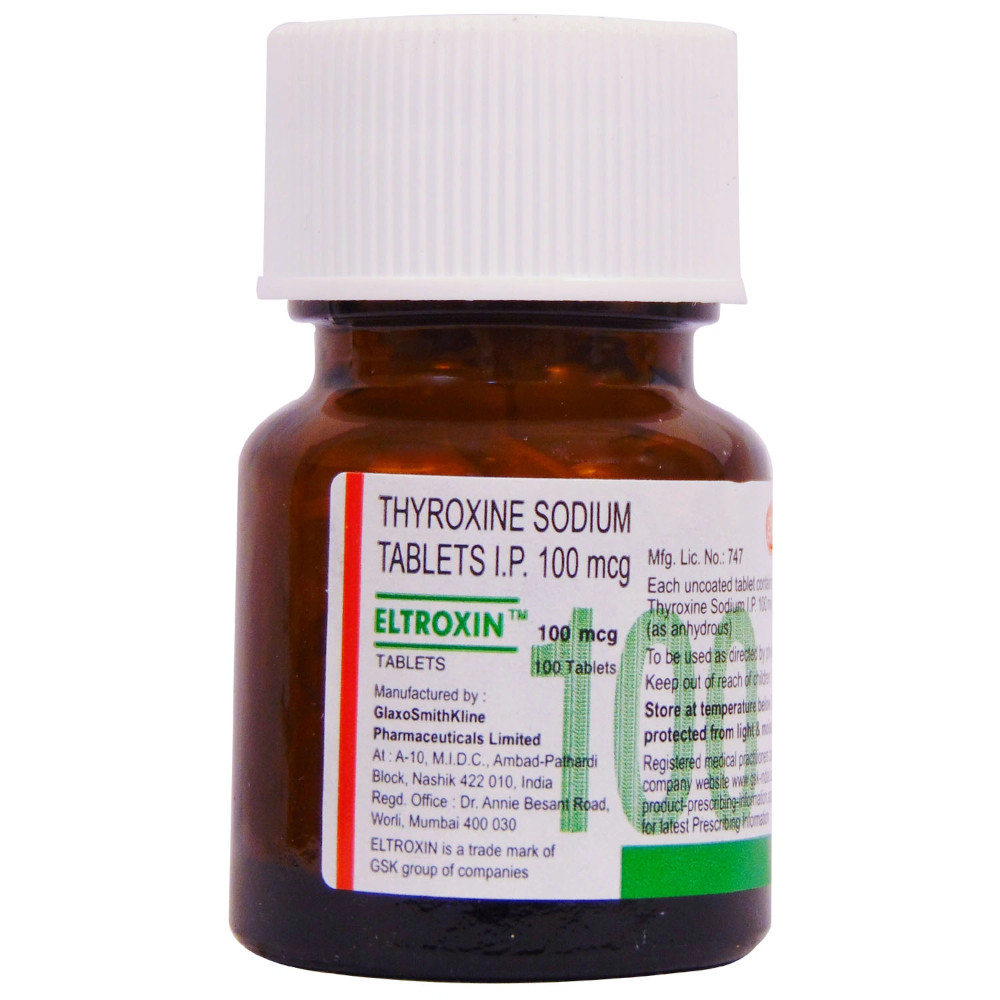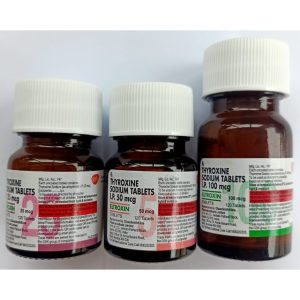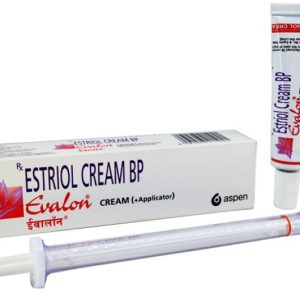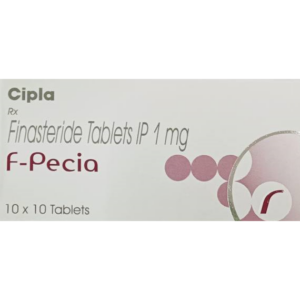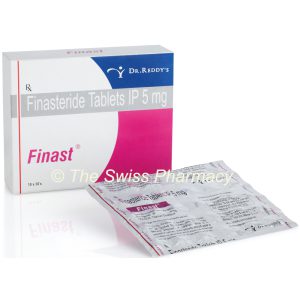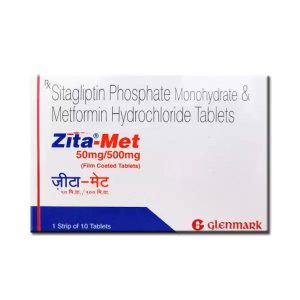Levothyroxine Sodium Tablets – Product Information
Eltroxin (Levothyroxine Sodium Tablets) is a hormone replacement usually given to patients with hypothyroidism and to treat goiter. Eltroxin (levothyroxine sodium tablets) contain synthetic crystalline levothyroxine (T4) sodium identical to that produced in the human thyroid gland. Levothyroxine Sodium is also prescribed for the management of cancerous thyroid nodules.
We also stock Liothyronine Sodium tablets (Thyro3) which are used as oral replacement therapy for the treatment of myxedema coma in hypothyroid patients and are also useful for the treatment and prevention of goiter.
Name of Drug
Levothyroxine Sodium Tablets: We supply Eltroxin manufacured by GlaxoSmithKline in India. Levothyroxine Tablets are more well known as Generic Synthroid®.
Levothyroxine is also referred to as Thyrax, Euthyrox, Levaxin, L-thyroxine, Eltroxin, Thyrax, Duotab, Thyrox, Eutirox, Tirosint, Levoxyl, Levothroid and Unithroid.
Manufacturer of Levothyroxine Sodium Tablets
GlaxoSmithKline
Website: gsk-india.com
We supply the old formula manufactured by GSK, NOT the new version by Aspen.
Expiry date
Good for minimum 12 months, please contact us, if you intend to order a larger supply. We will let you know the exact expiry date.
Active Pharmaceutical Ingredient in Eltroxin Tablets
The active pharmaceutical ingredient in Eltroxin Tablets is levothyroxine / thyroxine sodium. Each uncoated tablet contains 25 mcg, 50 mcg or 100 mcg of Thyroxine Sodium.
The inactive substances in Levothyroxine Tablets
The inactive ingredients (excipients) present in Eltroxin 25 mcg tablets are:
Sodium Citrate
Lactose
Starch Maize
Acacia Powder
Magnesium Stearate
Purified Water
The inactive substances (excipients) in Eltroxin 50 mcg tablets are:
Sodium Citrate
Lactose
Starch Maize
Acacia Powder
Magnesium Stearate
Purified Water
The inactive substances (excipients) in Eltroxin 100 mcg tablets are:
Sodium Citrate
Lactose
Starch Maize
Gelatin
Methyl Hydroxybenzoate
Propyl Hydroxybenzoate
Magnesium Stearate
Purified Water
Uses of Levothyroxine Tablets
Levothyroxine is a hormone replacement usually given to patients with hypothyroidism.
Levothyroxine is also frequently used to treat goiter because it usually lowers the levels of thyroid-stimulating hormone (TSH), a hormone that is considered goitrogenic (goiter-inducing). Levothyroxine is also prescribed for the management of cancerous thyroid nodules.
Levothyroxine Tablets – Dosage
Levothyroxine Tablets are administered as a single daily dose, preferably half to one-hour before breakfast. Levothyroxine should be taken at least 4 hours apart from drugs that are known to interfere with its absorption.
For adult hypothyroidism levothyroxine is started at 12.5-125 mcg/day. Starting doses and dose changes may differ with individual patients based upon age, the presence of cardiovascular disease, the development of tolerance (reduced effectiveness with continued use), side effects to the medication, and blood levels of thyroid hormone. It may take one to three weeks after initiating therapy with levothyroxine or changing the dose before effects are seen. The goal of replacement therapy is to maintain a normal blood thyroxine level. Use Levothyroxine Tablets only as prescribed by your doctor. Do not stop or change the amount your dosage, unless directed to do so by your doctor.
Drug Class and Mechanism
Levothyroxine is a synthetic (man-made) version of the principle thyroid hormone, thyroxine (T4) that is made and released by the thyroid gland. Thyroid hormone increases the metabolic rate of cells of all tissues in the body. In the fetus and newborn, thyroid hormone is important for the growth and development of all tissues including bones and the brain. In adults, thyroid hormone helps to maintain brain function, food metabolism, and body temperature, among other effects.
Missed Dose
Take the missed dose of Levothyroxine Sodium Tablets as soon as you remember.
Storage Insructions for Levothyroxine Tablets
Levothyroxine Tablets should be kept at room temperature, 15-30°C (59-86°F) in a light-resistant, tight container.
Warnings and Precautions when using Levothyroxine Tablets
Before using Levothyroxine Sodium Tablets please inform your doctor all the medicines that you take including no prescription medications, over the counter medicines and herbal remedies. There are foods and other substances that can interfere with absorption of thyroxine replacement. Patients under treatment ought to avoid taking calcium and iron supplements within 4 hours, as well as soy products within 3 hours of the medication, as these can reduce absorption of the drug. Grapefruit juice may delay the absorption of levothyroxine, but it is not believed to have a significant effect on bioavailability. Other substances that reduce absorption are aluminium and magnesium containing antacids, simethicone or sucralfate,cholestyramine, colestipol, Kayexalate. Different substances cause other adverse effects that may be severe. Ketamine may cause hypertension and tachycardia and tricyclic and tetracyclic antidepressants increase its toxicity. On the other hand Lithium can cause hyperthyroidism (but most often hypothyroidism) by affecting iodine metabolism of the thyroid itself and thus inhibits synthetic levothyroxine as well. Inform your doctor if you are allergic to any foods or medicines, are pregnant or intend to become pregnant, are breast-feeding or are taking any other medications, including prescription and over-the-counter preparations. Inform your doctor of any other medical conditions you may have, particularly heart disease, diabetes, clotting disorders, and adrenal or pituitary gland problems. Your dose of medicines used to treat these other conditions may need to be modified. Thyroid hormones, including Levothyroxine, either alone or with other therapeutic agents, should not be used for the treatment of obesity or for weight loss.
Side Effects of Levothyroxine Tablets
Dosing of Levothyroxine Tablets must be carefully controlled to achieve TSH levels within the normal reference range. Long term suppression of TSH values below normal values will frequently cause cardiac side effects and contribute to decreases in bone mineral density (in contrast too high TSH levels are also well known to contribute to osteoporosis). Long-term levothyroxine sodium therapy has been associated with increased bone resorptionn in women. This decreases bone mineral density, specially in post-menopausal women.
Patients prescribed too high of a dose of levothyroxine may experience effects which mimic hyperthyroidism. Overdose can result in heart palpitations, abdominal pain, nausea, anxiousness, confusion, agitation, insomnia, weight loss, and increased appetite. Allergic reactions to the drug are characterized by symptoms such as difficulty breathing, shortness of breath, or swelling of the face and tongue. Acute overdose may cause fever, hypoglycemia, heart failure, coma and unrecognized adrenal insufficiency.
Acute massive overdose may be life-threatening; treatment should be symptomatic and supportive. Massive overdose may require beta-blockers for increased sympathomimetic activity.
The effects of overdosing appear 6 hours to 11 days after ingestion.
Buy Levothyroxine Sodium Tablets 25 mcg, 50 mcg and 100 mcg Tablets Online at Cheap Price
You can buy Levothyroxine Sodium 25 mcg, 50 mcg and 100 mcg at a cheap price online from the Swiss Pharmacy. The 25 mcg and 50 mcg pills are priced at only $0.17 per unit if you place an order for 1000 pills.


